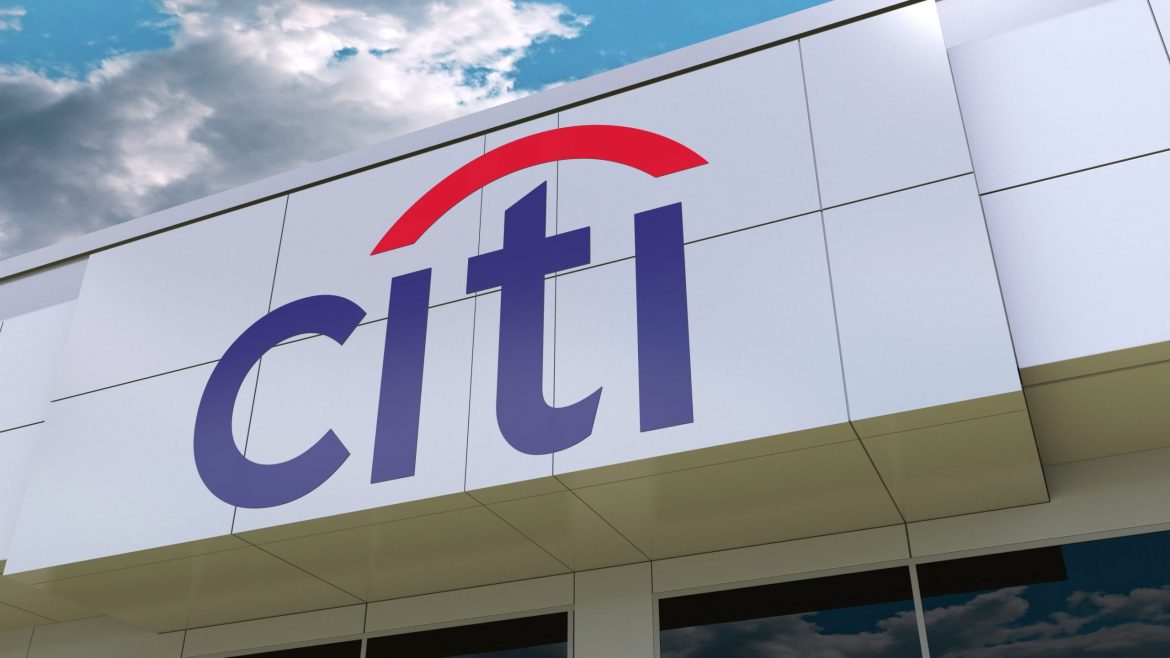Citigroup on Friday reported strong second-quarter results for 2024, surpassing analysts’ expectations in both profit and revenue.
The multinational investment bank and financial services corporation experienced significant growth, largely due to a rebound in Wall Street activity, which greatly contributed to its positive performance.
Key figures from Citigroup’s Q2 results
Earnings: $1.52 per share, exceeding the anticipated $1.39 per share as per LSEG.
Revenue: $20.14 billion, surpassing the expected $20.07 billion.
Net Income: Increased by 10% year-on-year to $3.22 billion, translating to $1.52 per share.
Revenue Growth: Rose by 4% to $20.14 billion.
Equities trading and investment banking drive growth
Citigroup’s equities trading revenue surged by 37%, reaching $1.5 billion. This increase was driven by strong performances in derivatives and a rise in hedge fund balances, outperforming the StreetAccount estimate by approximately $300 million.
Conversely, fixed income revenue dipped slightly by 3%, aligning with analysts’ expectations at $3.6 billion due to lower activity in rates and currency markets.
Investment banking revenue showed a remarkable recovery, climbing by 60% to $853 million. This was primarily due to robust issuance of investment-grade bonds and a revival in IPO and merger activities, which had been at low levels throughout 2023.
Shares decline despite positive results
Despite the encouraging financial results, Citigroup’s shares fell by over 2% in early trading. CEO Jane Fraser commented on the results, highlighting the progress made in executing the company’s strategy and the benefits of its diversified business model.
“Markets had a strong finish to the quarter, leading to better performance than we had anticipated,” Fraser stated.
Regulatory scrutiny remains a concern
Amidst the financial success, Citigroup faced regulatory challenges. The bank was recently criticized for not adequately addressing its regulatory deficiencies, which has been a persistent issue. Fraser’s efforts to tackle these regulatory concerns are expected to be a focal point in discussions with analysts.
In the previous year, Fraser announced plans to streamline the management structure and reduce costs at Citigroup, the third-largest U.S. bank by assets. However, the bank’s earnings will take a secondary position if it fails to satisfy regulators’ concerns regarding its data and risk management systems.
A diversified approach to financial stability
Citigroup’s performance in the second quarter underscores its strategic approach and diversified business model. The significant growth in equities trading and investment banking revenue highlights the bank’s ability to leverage market opportunities and navigate challenging conditions.
Despite the slight decline in fixed income revenue, the overall financial health of Citigroup remains strong, with a clear upward trajectory in key areas. The bank’s focus on strengthening its regulatory framework is crucial for sustaining this momentum and ensuring long-term stability.
Citigroup future outlook and strategic initiatives
As Citigroup continues to address its regulatory shortcomings, the emphasis on simplifying its management structure and cost reduction remains pivotal.
The banking giant’s ability to balance regulatory compliance with financial growth will be instrumental in maintaining investor confidence and market position.
Citigroup’s robust second-quarter performance, driven by significant gains in investment banking and equities trading, illustrates the effectiveness of its diversified strategy.
However, ongoing regulatory scrutiny and the need for improved data and risk management systems will be critical areas to watch as the bank moves forward.
By focusing on these strategic initiatives, Citigroup aims to ensure long-term stability and continued growth, maintaining its position as a leading player in the global financial services industry.
The post Citigroup’s Q2 2024 results: Revenue and net income surge despite regulatory challenges appeared first on Invezz
